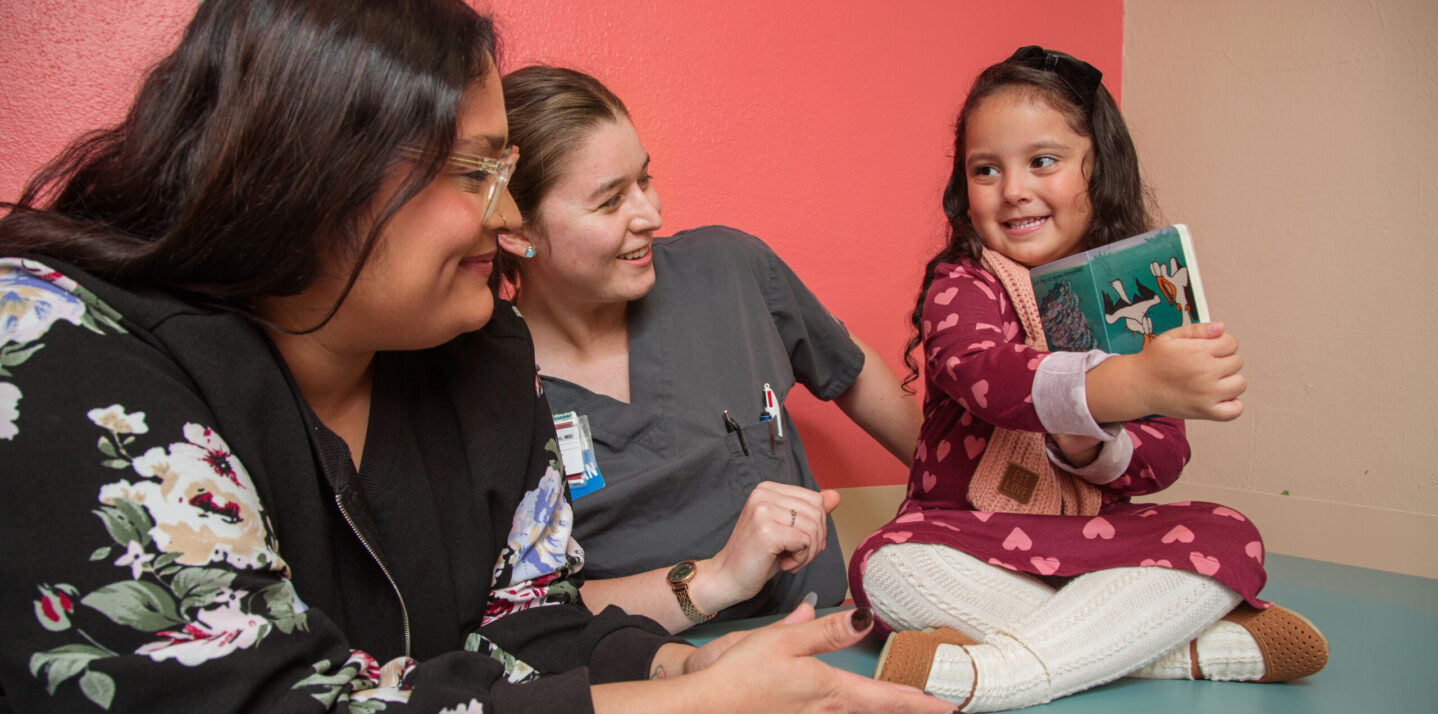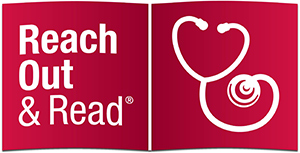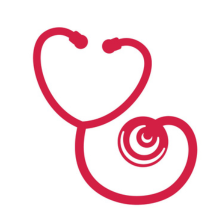MMWR Prevalence of Positive Childhood Experiences Among Adults – Behavioral Risk Factor Surveillance System, Four States, 2015-2021. Sege R, Swedo EA, Burstein D, Aslam MV, Jones J, Bethell C, Niolon PH.MMWR Morb Mortal Wkly Rep. 2024 May 2;73(17):399-404. doi: 10.15585/mmwr.mm7317a3
The commentary below has been provided by Dr. Trude Haecker.
It has been four years since Christina Bethell, PhD, published her groundbreaking paper in JAMA Pediatrics examining the effects of positive childhood experiences (PCE) in >6000 adults. Among the questions analyzed were: Before the age of 18, I was …
— Able to talk with my family about my feelings?
— Felt that my family stood by me during difficult times?
— Enjoyed participating in community traditions?
— Felt a sense of belonging in high school?
— Felt supported by friends?
— Had at least two non-parent adults who took a genuine interest in me?
— Felt safe and protected by an adult in my home?
The risk of depression/mental health issues dropped by 72% among adults who reported six or seven PCEs and by 50% for those reporting three to five. Adversity alone does not equal poor outcomes. Children’s experience of safe, stable, nurturing relationships and environments promotes healthy child development and later adult mental and relational health, buffering the effects of ACEs. Reach Out and Read is an integral component of that buffering effect.
Dr. Bethell and collaborators have continued their work and just published in MMWR, the largest population-based assessment of PCEs among U.S. adults, aggregating data from 24,893 respondents in four states (KS, MT, SC, WI). This study analyzed BRFSS (Behavioral Risk Factor Surveillance System) data that included the same PCE questions listed above. Approximately 53% of adults reported six to seven PCEs; 12.2% reported two or fewer. Fewer African American (49.2%), Alaska Native or American Indian (37.7%), and Latino (38.9%) respondents reported six to seven PCEs than White respondents (55.2%). Gay or lesbian (38%) and bisexual (27%) respondents were less likely to report six to seven PCEs than straight adults (54.7%). A PCE score of six to seven was more frequent among persons with higher income and higher education, showing a dose-response relationship between how many positive experiences adults reported and their mental and relational health as well as their economic and educational outcomes.
Reach Out and Read can play a significant role in bridging — and hopefully reducing health inequities — by impacting the number of PCEs through fostering a closer relationship between parents and children. We need to advocate for those policies that support all families as Reach Out and Read is an integral part of the solution.
Read the complete study here.




